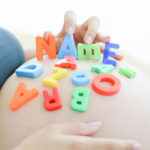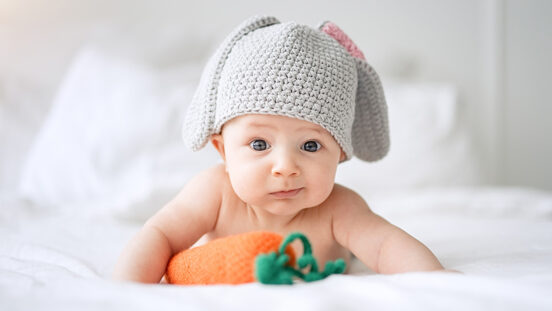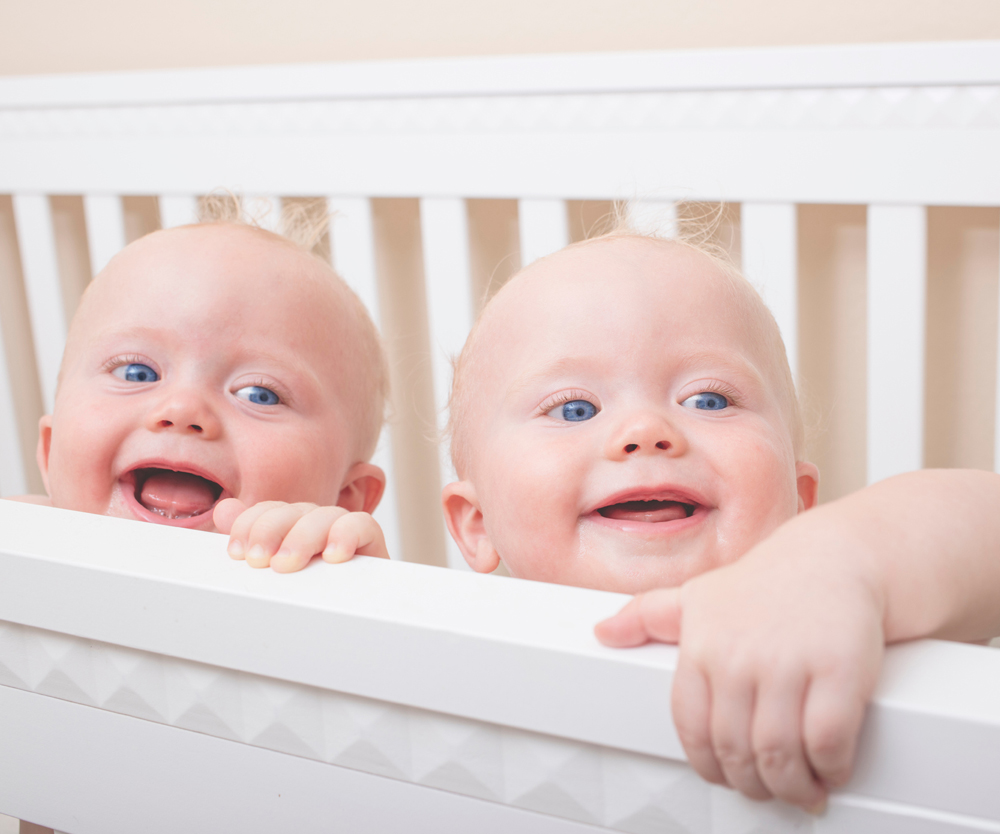Research has shown that unborn babies can feel pain
A study conducted in London has found a baby can distinguish pain from 35 weeks.
We talk to an unborn baby, we massage their gestational cubby-house, and we even play music to them. It is impossible to know if an unborn baby can feel happy or sad, but a study conducted in London has found a baby can distinguish pain from 35 weeks.
The study was done at the University College Hospital in London by measuring the brain activity of premature babies from 28 weeks to 'full term', by using electroencephalography (EEG) to measure brain activity.
The newborns between 28 and 35 weeks would have a general burst of electrical activity in the brain as pain was inflicted, the same pattern when general touch was administered. But after 35 weeks it was recorded that their response changed to a localised activity in specific areas of the brain, indicating that neural connections were being formed in the brain to distinguish pain separate from touch.
Feeling sick? These morning sickness remedies could help

A study conducted in London has found a baby can distinguish pain from 35 weeks.
The pain inflicted to the newborns was the standard 'heel prick test'. This is conducted on all newborns in Australia, usually by a midwife by piercing the baby's heel, squeezing it so enough blood can be caught on special blotting paper to be later screened, tested and stored.
So now we know, it is not surprising that a new mother's instinct is correct when their new bundles of joy are stabbed in the foot and they can tell they are distressed. Like a nurse trying to find a vein to take blood, some do it first off, a mild discomfort, but for others, there is piercing, and then re-piercing, pinching and squeezing, ouch. Now with this new information we may see the resurgence of the oral Vitamin K supplement as opposed to the injection for newborns.
The research was funded by the Medical Research Council and the Wellcome Trust so it could be better understood how to best take care of hospitalised infants, especially premature babies.




